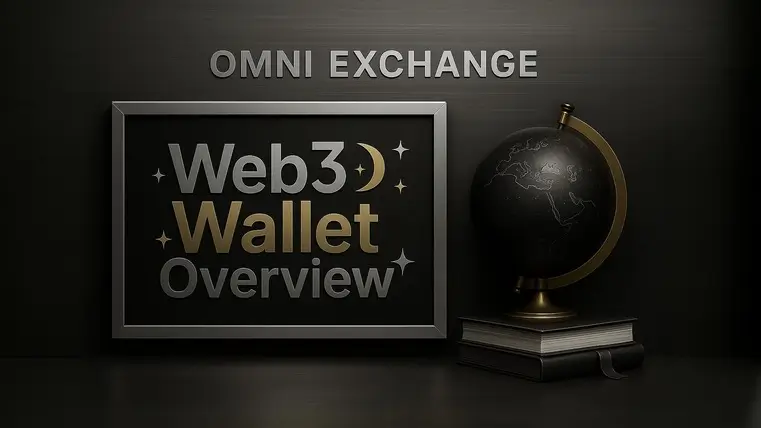A Complete Overview of Web3 Wallets

Web3 wallets are your gateway to decentralized finance
🔐 What Are Web3 Wallets?
Web3 wallets are tools for holding and managing digital assets like crypto, NFTs, and tokens — and for interacting with decentralized apps (dApps). As more apps run on blockchains, these wallets have become critical for navigating the Web3 ecosystem.
🧩 Types of Web3 Wallets
1. Non-Custodial Wallets
Also called self-custody wallets, these give you full control of your funds via a private key. Only you can access your wallet or approve transactions.
- Public key = wallet address (you can share it)
- Private key = unlocks access (keep it secret)
There are different types of non-custodial wallets, hot wallets and cold wallets:
🔥 Hot wallets are connected to the internet. Examples include Metamask, Rabby, and Trust Wallet.
❄️ Cold wallets stay offline for added security. Examples include Ledger and Trezor.
Losing the private key means losing access — permanently.
2. Custodial Wallets
Here, a third party (like Coinbase or Binance) holds your private keys and manages security. These wallets are easier for newcomers and often include recovery options and user-friendly interfaces.
- Usually require identity verification (KYC)
- Good for convenience but require trust in the provider
3. Smart Contract Wallets
These wallets are governed by on-chain code (smart contracts), allowing features like:
- Multi-signature approvals
- Recovery options
- Transaction batching
Smart contract wallets are ideal for teams, DAOs, or advanced users needing custom security or control. Examples: Safe, Argent, Squads.
🧠 Which Wallet Is Right for You?
| Use Case | Best Fit |
| Maximum control | Non-custodial wallet |
| Beginner-friendly | Custodial wallet |
| Team or business management | Smart contract wallet |
🧰 Popular Web3 Wallets
Note: This is not an endorsement. Always do your own research.
Non-Custodial
- MetaMask – Browser wallet for Ethereum and EVM chains
- Phantom – Multi-chain wallet for Solana, Ethereum, and more
- Trust Wallet – Mobile wallet with wide token support
- Torus – Login with Google/social accounts
- Coinbase Wallet – Standalone wallet with Web3 access
- MyEtherWallet – Longstanding EVM wallet
Custodial
- Coinbase – Centralized exchange and wallet
- Binance – Full-service exchange with wallet access
Smart Contract
- Safe – Multi-sig support across EVM chains
- Argent – Recovery with guardians, no seed phrase
- Squads – On-chain team coordination on Solana
- Bitget Wallet – Built-in NFT/dApp/launchpad tools
🔒 Keeping Your Wallet Secure
Best practices to avoid loss or theft:
- Backup your private keys – Store them offline and securely
- Enable 2FA – Especially for custodial wallets
- Keep software updated – Patches = protection
- Use hardware wallets – Offline = safe from online threats
- Beware phishing – Never share your key or seed phrase
Need more? Coinbase has tips.
🧭 Final Thoughts
Web3 wallets are essential for anyone active in crypto or dApps. Whether you're a beginner or a power user, the right wallet depends on how much control and trust you want.
Secure your keys, pick the right tool for your needs, and explore safely.